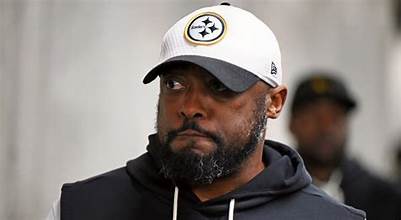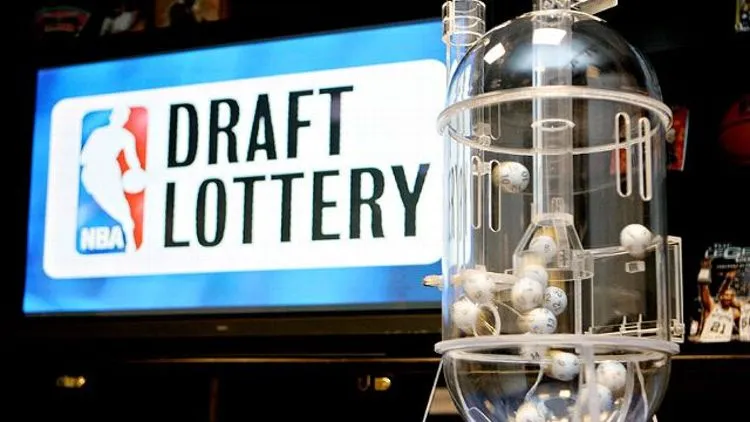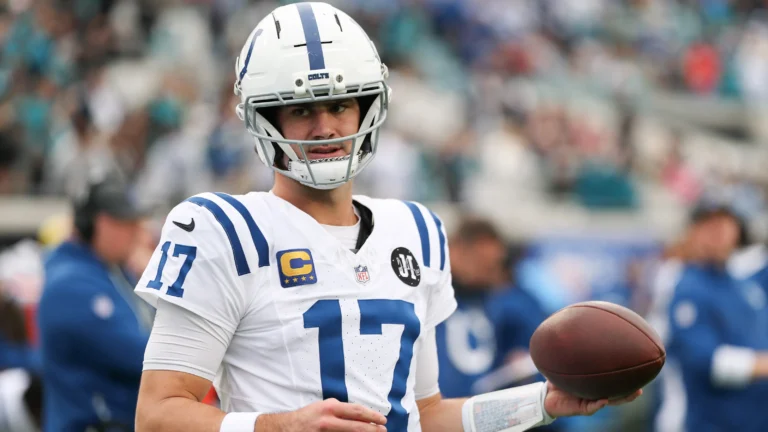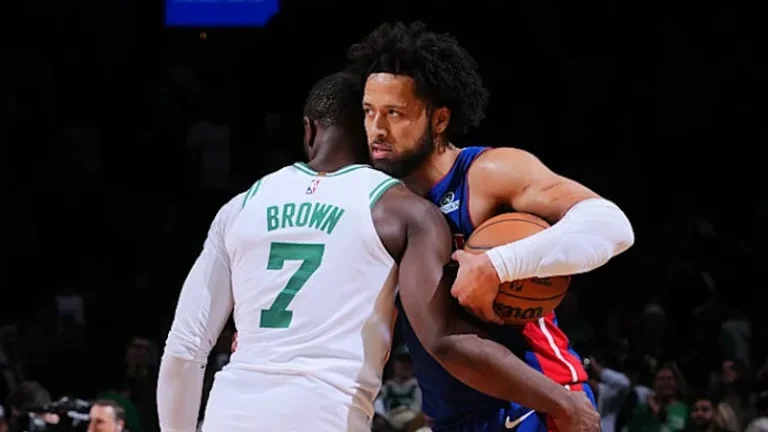
Something’s going on in the sports world that I can’t quite figure out but I sense is profound and indicative of something larger going on in society.
The reason I know this is the rather stunning recent layoffs of 20 on-air employees from ESPN and then the realization that the number of subscribers to the network has fallen, reportedly, from 100 million to 70 million.
The sports broadcasting giant is bleeding. But why?
I have a few theories based on intuition more than empirical research which on this subject would be speculative anyway.
One theory is that people in their 20s and 30s aren’t watching as much as ESPN as the Baby Boomer Brotherhood has over the years. I think they’ve got so many other ways to watch sports and be entertained – accessing exactly the content they want whenever they want such as Tik Tok – that they’re choosing that path rather than scrolling around ESPN looking for something to watch.
They’re watching ESPN some, just not as much, and this downward spiral will continue. Day by day, subscription cancellations to ESPN will be added to the already mountainous pile.
Less Compelling Content
When I watch TV these days, I see what’s on ESPN and usually it’s not something I want to watch so I go to YouTube TV and find content more appealing to me. Ten years ago this wasn’t the case. I liked pretty much everything ESPN provided.
So What? Who Cares?
So what, I hear you saying? Who cares?
Your questions are legitimate. There are several possible answers.
If ESPN is bleeding, that means people are cancelling their subscriptions to the network and getting their content elsewhere that they prefer and suits them better economically.
Is the younger generation less interested in sports? Probably not. They just don’t want them the way ESPN delivers them. They don’t dig listening to sports analysts arguing with each other about last night’s game which happens day a night every day of the week on ESPN. They don’t want all the opinions that don’t amount to much that is tangible.
Instead, they want the quick hit videos on their smartphones. Watching an entire game isn’t their thing as much as it was our generation.
Less Interest in Racial and Political Agendas
They don’t want the racial and political debates being interspersed in sports discussions. Nor do I and, I suspect, you. They don’t want to hear about whether it’s right to kneel during the national anthem at NFL games. The Black Lives Matter movement is legitimate and I support it, but I wasn’t going to ESPN to see that mantra plastered on NBA players’ jerseys. It was forced on me. Many people have been turned off by what they’re seeing, a blurring of the lines between sports, politics, race, and social issues.
Stephen A.
The King of ESPN’s on-air talent right now is Stephen A. Smith. He’s smart, has interesting opinions, knows sports, and can be entertaining. I respect his diligence and charisma. But I find myself while watching him feeling as if he’s trying to cast me under his spell of being provocative and deliberately blurting out “hot takes” to get me riled up emotionally. He’s saying things to get reactions constantly because that brings eyeballs to his show, which drives up advertising revenues, which elevates how much ESPN pays him.
But I don’t feel the need to play into this game. It’s not like what he says is so valuable that I can’t do without it. I can get well-reasoned and less emotionally charged sports commentary in hundreds of other places.
I don’t want to play his game because I don’t get much out of it and feel I’m being conned by a clever guy mostly into becoming a more powerful sports figure and not interested in making me feel good about my life.
Maybe this is simple. ESPN has brought more racial and political debate and content onto its networks and people don’t want that. They want pure sports stories and action and they’re getting morality plays and complex and emotionally disturbing social issues to grapple with. Sports is supposed to thrill and inspire not make us feel we’re not doing enough to better society and are too insensitive to other peoples’ plights.
We hear about all that at work and when we’re not working we need a break from all the guilt trips.
Proliferation of Podcasts
There’s also this. We can all get that experience on other channels if we want it. We don’t want it on our supposedly all-sports network.
There’s something else. Half the people in the world, it seems, have a sports podcast. Everyone can opine on a video about last night’s games or anything else just like on ESPN.
Competition is exponentially increasing. ESPN is, to an increasing degree, losing the battle for eyeballs to more and more other content providers.
A gigantic world of sports gets spit out every day and any of us can get that information in a multitude of different ways.
Is Covid part of the reason?
I think the ESPN demise is indicative of a society that, to a growing extent, no longer wants to pay for what they’re providing. Maybe Covid has something to do with this. Maybe we all realized sports aren’t as important as we used to think and, not having sports during Covid, we realized we don’t need it as much as we thought.
Maybe we’re getting stingier with the time we spend watching TV or not because the world seems more uncertain and scary than ever and our brain cells are being spent more thinking about that. Existential threats like Putin rampaging across the world may have made watching sports all day seem less worthy of our time.
Smartphone addictions
Maybe the next generation’s obsession with smartphones has made them so addicted to looking at screens that they’re physically averse to, and emotionally and mentally incapable of, sitting in front of a TV set and watching ESPN for hours. If they do, they have to have their smartphones to stare at while the TV is on. This widespread and disconcerting distraction doesn’t help ESPN’s viewership either.
Maybe the smartphone’s pervasiveness in our lives is at the core of ESPN’s business crisis. Sure you can watch ESPN on your phone, but maybe the distractions on your phone are so voluminous that it’s become harder for ESPN to draw you to their content.
Is Pat McAfee the next big thing?
There’s something else to consider. When ESPN fired the 20 people recently, it became obvious that one of the reasons for that is they needed that salary money to pay to bring on Pat McAfee, a rising star in sports media who has a successful podcast. ESPN will be paying McAfee well to get his viewers and grow his platform.
This made me curious. What is it about McAfee that people like that they don’t about ESPN? And why did the suits at ESPN bet on McAfee instead of 20 talented people? I did some research. Watching an hour-long podcast where McAfee was interviewed about moving to ESPN, I came away with these thoughts: He’s a nice guy, not arrogant, clear-spoken, with a mid-Western wholesomeness and trustworthiness. He’s a guy I would like to hang out with. He says his program is a bunch of guys who just love sports and want to spread their love of sports with the viewers. Sounds like what ESPN was in its early days.
It’s pure. He’s not talking about changing society. He’s talking about lifting peoples’ spirits, giving them insight into the lives and minds of sports heroes.
That’s it.
Likeable. Likeable. Likeable.
Stephen A is talented but I wouldn’t say particularly likable. J.J. Redick, who is a guest on Stephen A.’s show, is smart and interesting but I wouldn’t say particularly likable. He comes across as a guy who is sure he’s above average intelligent, and who feels good around a person like that?
Stephen A and Redick live to argue and prove they’re smarter than each other and everyone else. What’s likeable about that?
McAfee is none of that.
Maybe this is simple. People like nice people. Maybe McAfee will be the linchpin that reverses the downward trends of ESPN.
Maybe not.
But at least he’s someone we can feel is our friend and isn’t trying to impress us with how smart he is.
Maybe this ESPN demise is a global phenomenon where people just don’t want what the network is offering as much as they used to and we’re in the early days of a powerhouse network that one day, like many newspapers, will no longer exist or only in a much abbreviated form with much less influence on our lives.
I don’t know what all this means, but I do know it’s telling that something in our overall world is changing in terms of behaviors, priorities, and values.
It also reveals the kinds of people we like to spend our precious time with.
Author Profile

-
Sammy Sportface, a sports blogger, galvanizes, inspires, and amuses The Baby Boomer Brotherhood. And you can learn about his vision and join this group's Facebook page here:
Sammy Sportface Has a Vision -- Check It Out
Sammy Sportface -- The Baby Boomer Brotherhood Blog -- Facebook Page
Latest entries
 BonusJuly 21, 2025One Time Rudy Said to Sportface…
BonusJuly 21, 2025One Time Rudy Said to Sportface… BonusJuly 19, 2025New Top Album Names – All-Time
BonusJuly 19, 2025New Top Album Names – All-Time BonusJuly 18, 2025Why AI is Scary – and What’s Likely to Happen
BonusJuly 18, 2025Why AI is Scary – and What’s Likely to Happen BonusJuly 16, 2025Sportface Gets Svelte, Chicks Can’t Stop Checking Him Out
BonusJuly 16, 2025Sportface Gets Svelte, Chicks Can’t Stop Checking Him Out







